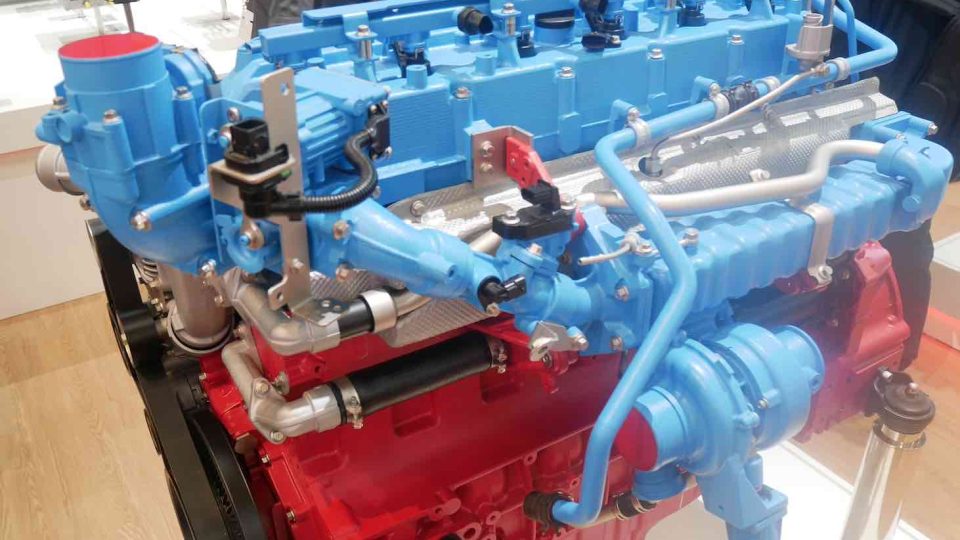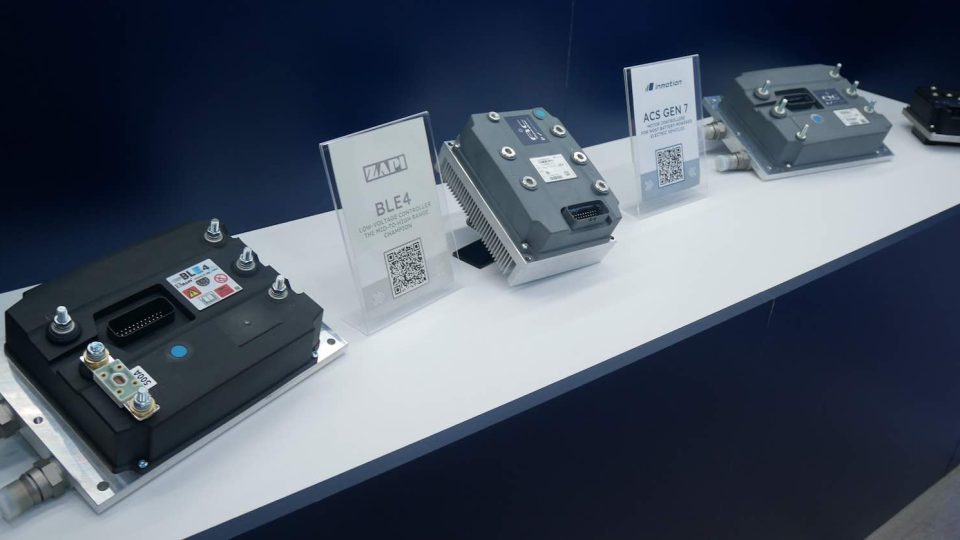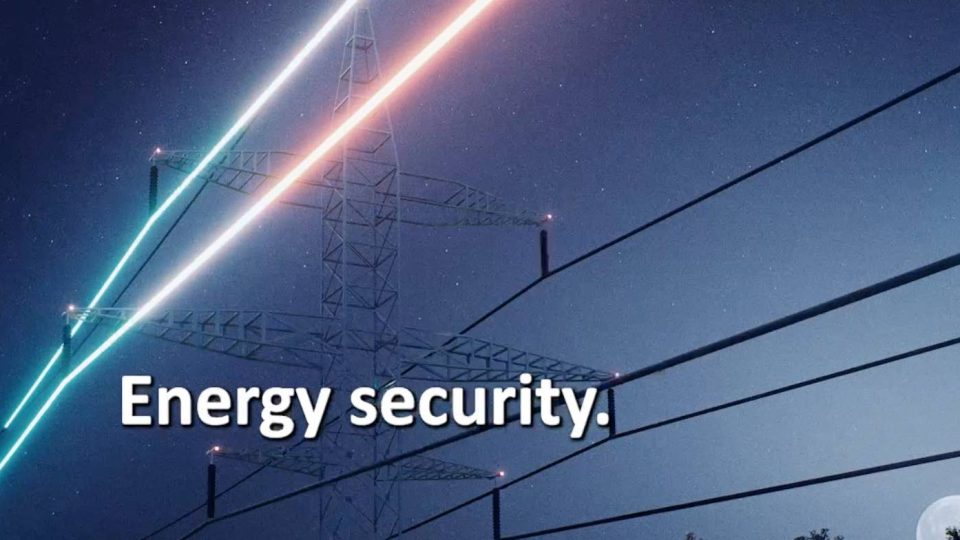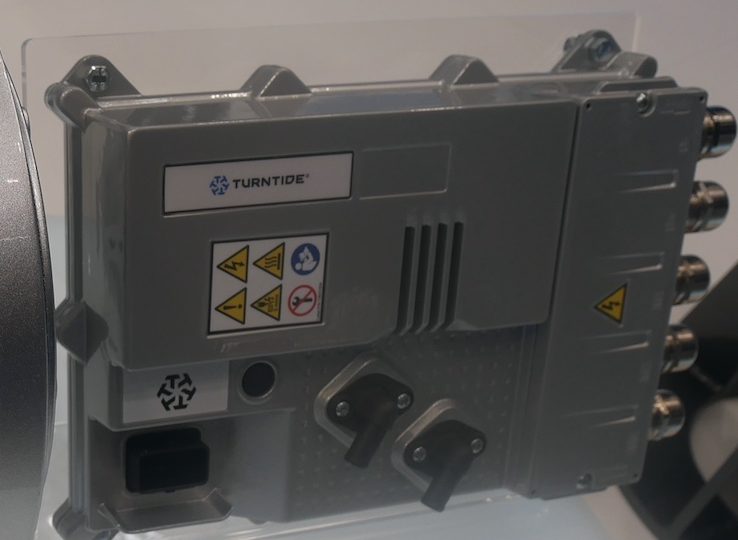BorgWarner’s EGR technology also for Indian gasoline engines
BorgWarner’s EGR technology has already been available for Indian passenger car manufacturers, with EGR coolers and EGR tubes for 1.3-liter diesel engines, since 2008. Now the company is supplying newly developed components for a new 1.5-liter gasoline engine, designed to meet BS VI emission norms. In fact, India is moving the passenger car focus from […]
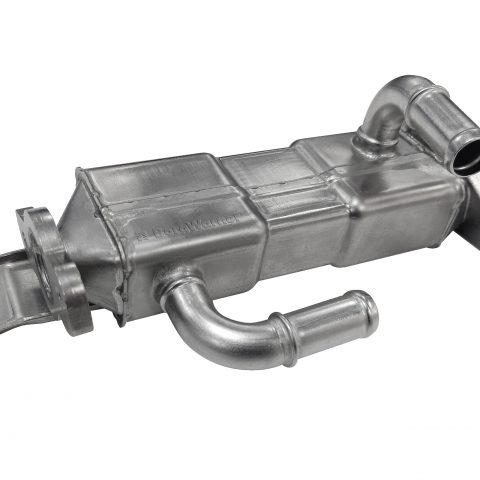
BorgWarner’s EGR technology has already been available for Indian passenger car manufacturers, with EGR coolers and EGR tubes for 1.3-liter diesel engines, since 2008. Now the company is supplying newly developed components for a new 1.5-liter gasoline engine, designed to meet BS VI emission norms.
In fact, India is moving the passenger car focus from diesel to gasoline, in preparation for tougher BS VI emission and CAFE (Corporate Average Fuel Economy) regulations. Back to the product made available by BorgWarner (talking about new projects, here’s our post on the eTurbo solution), the new cooler will be manufactured using hybrid tube technology, which is best suited for gasoline engines due to their high-performance requirements. Production is expected to start in 2021. BorgWarner will also supply the components to the manufacturer’s European plant, production there is expected to start in 2020.
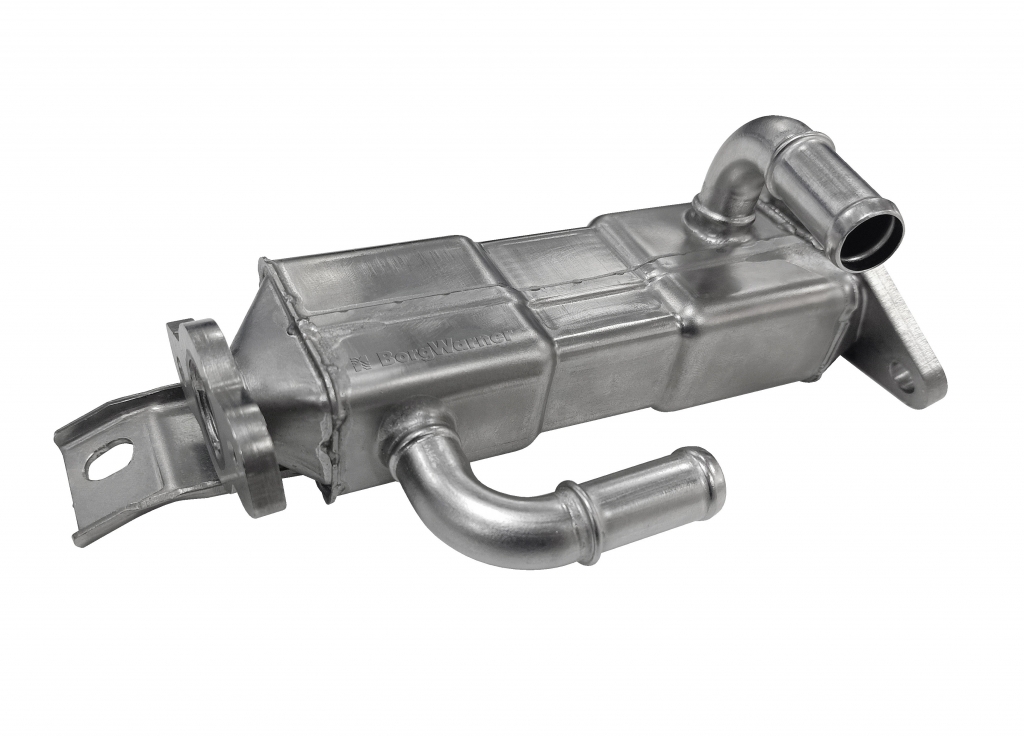
BorgWarner’s EGR explained by the company
«For BorgWarner, product leadership means staying ahead of market trends and having global, proven solutions suited to the demands of local OEMs», said Joe Fadool, President and General Manager, BorgWarner Emissions, Thermal and Turbo Systems. «Our gasoline EGR systems are supporting customers in India with localized solutions as they pursue improved fuel economy and emissions standards».
BorgWarner’s EGR cooler technology employs highly corrosion-resistant, stainless-steel hybrid tubes inside the cooler to quickly reduce the temperature of hot exhaust gases from 875 degrees Celsius to 150 degrees Celsius. The specially-shaped high-density gasoline fin design keeps a high heat transfer rate with very low loss of pressure in the exhaust gases.
Easy-to-install technology
Built for durability and performance, BorgWarner’s advanced EGR cooler is a compact, cost-effective and easy-to-install technology engineered to reduce emissions and improve fuel economy.
The EGR tube and EGR cooler will help the automaker to meet India’s CAFE CO2 emission standards currently set at 130 g/km but falling to 113 g/km by 2022.




